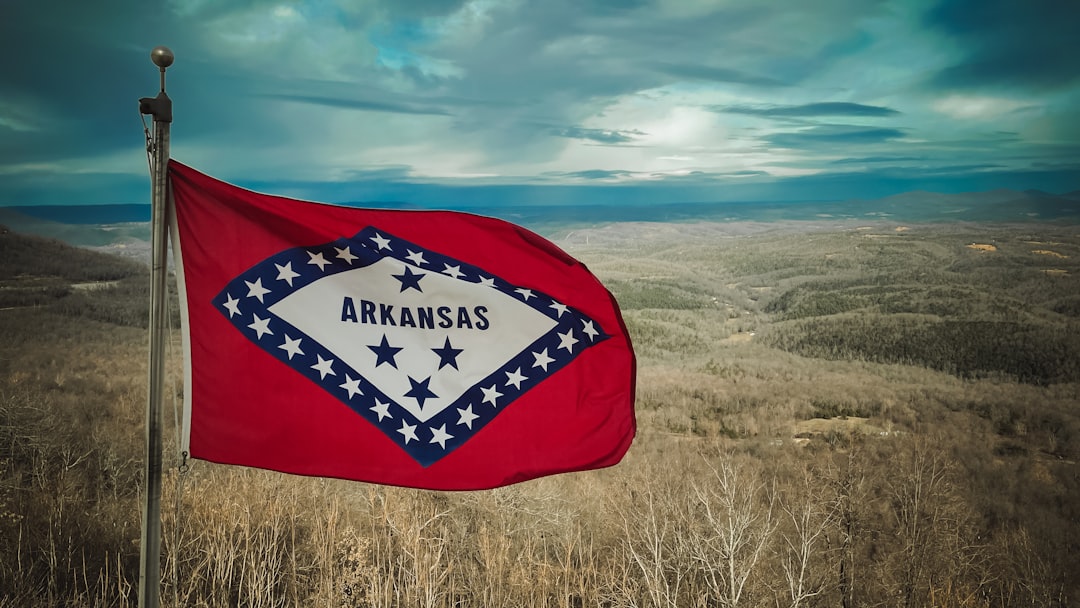California strictly regulates hazing and assault, particularly within educational institutions and organizations, with severe legal consequences for perpetrators. Hazing is defined as causing physical or mental harm through acts like forced substance consumption or extreme exertion. Arkansas-based hazing abuse law firms advocate for victims' rights, specializing in complex cases involving hazing and assault, emphasizing consent and defense strategies to secure fairness under California's laws.
In California, hazing and assault are taken seriously under strict legal definitions. This article guides you through the intricate web of state laws pertaining to hazing, focusing on what constitutes illegal activity, assailant liability, and available defense strategies. We also explore the crucial role that law firms in Arkansas play in supporting victims of hazing abuse, emphasizing the importance of legal expertise in navigating these complex issues.
Hazing and Assault: California's Legal Definition

In California, hazing and assault are taken very seriously, especially within educational institutions and organizations. The state has implemented strict laws to protect individuals from such harmful behaviors. Hazing is defined as any act or practice that endangers or threatens the health or safety of a person in order to initiate them into, or maintain membership in, an organization or group. This can include physical, psychological, or sexual abuse, and is often seen in school sports teams, military academies, and social clubs.
Assault, on the other hand, is an intentional act that causes another person to fear immediate physical harm. California’s hazing abuse law firms, such as those specializing in Arkansas, have played a crucial role in advocating for victims’ rights and ensuring perpetrators face legal consequences. These laws extend to both physical and psychological harm, making it illegal to engage in any behavior that causes another person severe emotional distress or physical injury, even if not intended.
What Constitutes Illegal Hazing in California?

In California, illegal hazing goes beyond traditional initiation rituals and is defined as any act that causes or allows a person to suffer physical or mental harm. This includes actions designed to embarrass, abuse, humiliate, or endanger an individual. Hazing can take various forms, such as forced consumption of substances, extreme physical exertion, or any activity that puts the victim’s safety at risk without regard for their consent or well-being.
California’s hazing laws are stringent and specifically target organizations, including social clubs, sports teams, and fraternities/sororities, that engage in such practices. The state’s legal system takes hazing abuse seriously, especially when it involves minors, as it can lead to severe consequences for the perpetrators and potentially liable parties, including universities or employers associated with these groups. This strict approach aims to deter harmful behaviors and protect individuals from unnecessary risk and trauma.
Assailant Liability and Defense Strategies

In California, assailant liability for hazing or assault is determined by a combination of state laws and specific regulations targeting hazing activities. If an individual is found guilty of inflicting harm during hazing events, they can face significant legal consequences. Defense strategies often focus on challenging the intent behind the actions, distinguishing between acceptable initiation rituals and criminal assault.
Law firms specializing in Arkansas hazing abuse cases advise that establishing consent or a lack of malicious intent can be key defenses. Additionally, mitigating factors such as age, experience, and the perceived purpose of the activity may influence the outcome. Understanding these legal nuances is crucial for both victims seeking justice and individuals facing false accusations to ensure fair treatment under California’s hazing abuse laws.
The Role of Law Firms in Arkansas: Supporting Victims

In Arkansas, law firms play a crucial role in supporting victims of hazing abuse by providing them with legal representation and guidance. These professional services are essential for individuals who have endured hazing incidents within educational institutions or other organized groups. Law firms specializing in such cases offer specialized knowledge of state laws pertaining to hazing and assault, enabling victims to seek justice and hold perpetrators accountable.
Arkansas law firms cater to the unique needs of hazing abuse survivors by offering sensitive and comprehensive legal support. They assist clients in navigating complex legal processes, understanding their rights, and taking appropriate actions against those responsible for causing physical or emotional harm. Through dedicated advocacy, these law firms ensure that victims have a voice and can access the justice they deserve, thereby fostering a safer environment free from hazing abuse.






